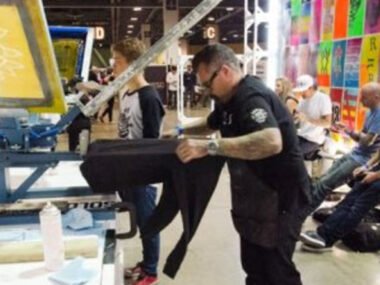Scotland’s largest city has an active food sector with a range of restaurants, caterers, and independent grocers. The perishable ingredients arrive in good condition from source to destination. As a critical function in supporting Glasgow’s vibrant culinary landscape, refrigerated transport in Glasgow is key to preserving quality and maintaining food safety in a wide range of companies.
Ensuring Freshness for Restaurants
Preserving Quality Ingredients
Whether using chilled deliveries to keep their food produce consistent or not, bistro, fine dining and fast and casual eateries will all be affected. Precise refrigeration is an essential part of food logistics and compromises texture and taste of food because of temperature fluctuations. Seeds, dairy and seafood essential to chef’s menus would be impossible to source without efficient cold storage solutions.
Meeting Customer Expectations
The freshest possible ingredients are expected by the diner. Reliable cold chain logistics ensure prompt delivery of kitchens to deliver exquisite flavors without compromise. Glasgow refrigerated transport makes sure that each dish is up to the standards customers expect, no matter which they are having, a casual takeaway or a fine dining experience.
The Backbone of Catering Services
Safeguarding Large-Scale Operations
Coordination cannot be flawless in corporate events, private parties and wedding receptions. The caterer has to guarantee that the prepared dishes arrive at optimal temperature for the customers. Refrigeration ensures that bacteria have not grown within prepared meals from kitchen to venue, ensuring the integrity of the meal.
Compliance with Food Safety Regulations
Transponding perishable goods is highly regulated. Compliance goes beyond stipulations of industry standards to include public health protection. Advanced refrigeration technology found in vehicles helps caterers comply with such laws and reduce risks of temperature sensitive items.
Supporting Independent Grocery Stores
Extending Shelf Life
In stocking perishable goods, local grocers have different problems. Without these networks, small businesses cannot get fresh stock to be replenished without unnecessary waste. Refrigerated distribution systems help shop owners to store produce, dairy and meats for longer periods thus minimizing financial losses caused by spoilage.
Expanding Access to Diverse Products
A cold chain that is well maintained expands the product selection for independent retailers. Shelves are filled with imported cheeses, specialty meats, exotic fruits, all of which were brought into shops in peak condition, increasing choices for consumers. Without efficient temperature controlled logistics, the niche markets would have a hard time expanding beyond non perishable staples.
The Future of Refrigerated Logistics in Glasgow
Innovations in Sustainable Cooling
The future of cold storage transportation is surrounded by environmental concerns. Energy efficient refrigeration units are being adopted by companies and eco-friendly methods of cooling are being explored to replace conventional cooling methods. Investing in green technology is also future proactive for the industry in terms of achieving the sustainability goals set by the industry.
Enhancing Efficiency with Smart Technology
Real time temperature monitoring is revolutionized in the industry by the use of advanced tracking systems. This notifies drivers and logistics managers in a proactive mode of some possible loop problems. With these technological advancements, refrigerated deliveries become more reliable and service levels in the whole sector improve.
Final Thoughts
Businesses in the city depend on temperature controlled transportation to ensure food safety and quality from local grocers to fine dining establishments. Freshness is safeguarded with reliable logistics, not to mention gourmet ingredients and prepared meals to customers. Refrigerated transport in Glasgow is changing as sustainability and technology change the industry, and it continues to prove its indispensable role in the food supply chain.










